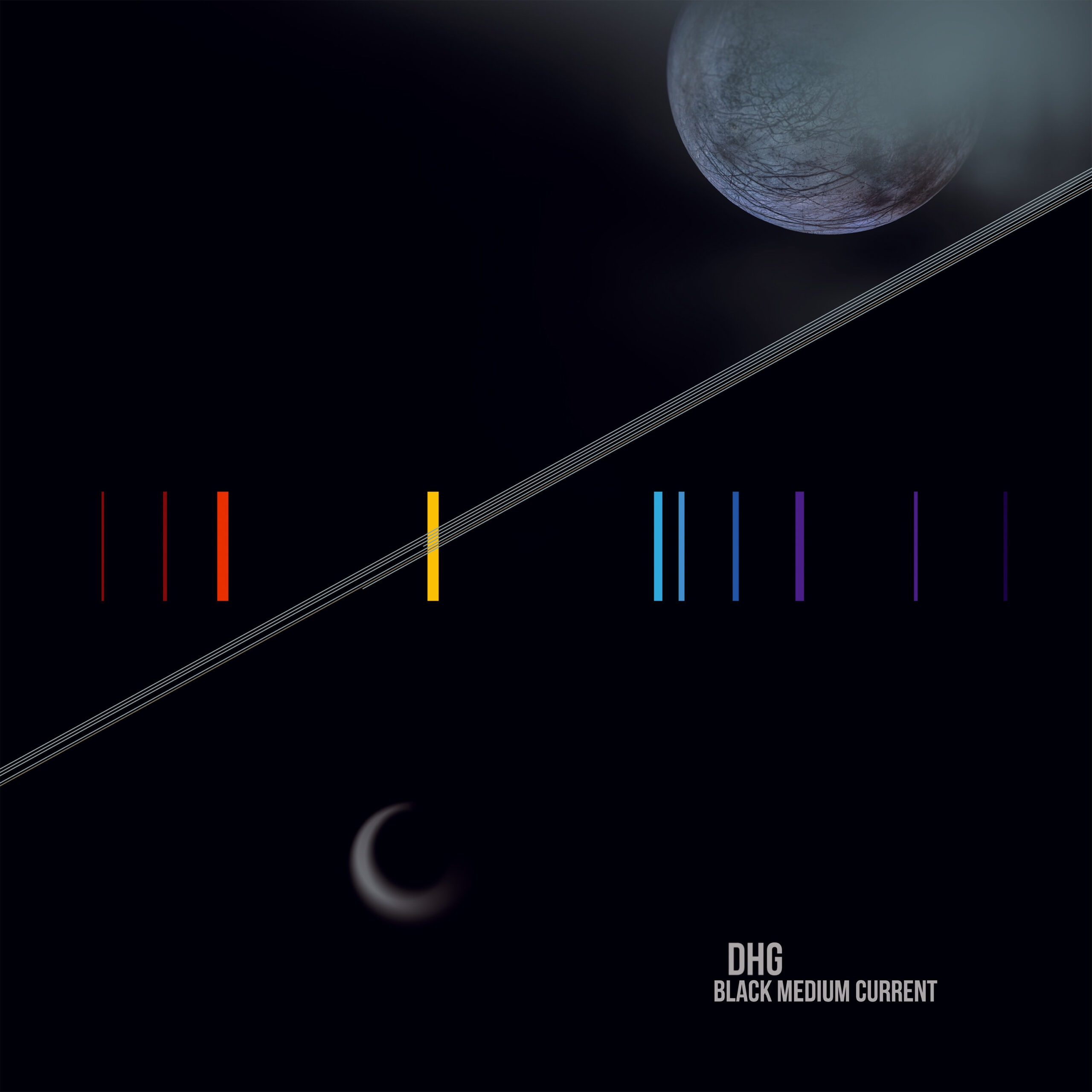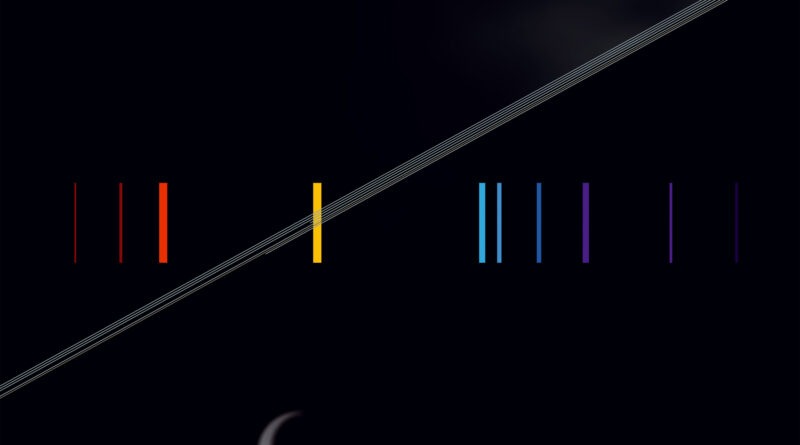ALBUM REVIEW: Black Medium Current – Dødheimsgard
Among the names that rose to prominence out of the Norwegian black metal scene of the early to mid-90s, Oslo’s DØDHEIMSGARD may very well be the most musically bizarre and inventive. Shifting away from the tried and tested formula of the genre early on, the band quickly established themselves, alongside the likes of SIGH and ARCTURUS, as one of only a handful of acts that were pushing the sound and style of the embryonic genre to newer, more avant-garde territories, with their third album in particular, 666 International, placing them at the forefront of the more creative and progressive side of the worldwide black metal scene. The band’s sixth album, Black Medium Current, their first record in over eight years, sees them continue to push black metal into weird soundscapes, producing arguably the best of their most recent records in the process.
Et Smelter eases the listener into the record with ethereal guitars and whispered vocals, providing a sublime, atmospheric feel right out of the gate before shifting to harsher black metal elements, with sharp guitars and frenetic drums creating a denser sound and the vocals becoming equally feral in the process. Ebbing and flowing between these darker and softer moments, this is a great track that doesn’t have much of the musical experimentation the band is known for. Tankespinnerens Smerte utilises a solid, blackened backbone around which the sort of domineering electronic flourishes that defined the previous song’s closing moments are built, making for a cavernous sound with powerful, varied vocals. The guitars don’t utilise too much distortion, although some brilliant, reverb-heavy moments, paired with vast, chanting vocals, lend a subtle gothic edge, with little in the way of aggression other than the chaotic energy of its opening motif.
Interstellar Nexus is the point at which the avant-garde tendencies become more prominent, with demented vocals, jangling guitars and an industrial undercurrent all giving this a sound that has more in common with prog rock than black metal, slowly morphing from a huge, groove-laden sound to hazier tones as each musical lurch adds a new component to the track. It Does Not Follow leans into the spacey qualities of the preceding offering, and injects a great classic rock influence into the music, pushing this album even further into the sort of grandiosely trippy sound hinted at on the first three tracks. Coupling this with chunky, bombastic industrial beats and bursts of cacophonous, belligerent black metal results in a magnificent, expansive sound that makes it by far the stand out track of the album’s first half, and easily its most stylistically ambitious.
Voyager serves as a brief interlude, centred upon sombre pianos and spoken word vocals, making for a great segue between the record’s two halves. Halow, another mid-paced, monolithic offering, makes full use of huge guitars, steady drumming and dramatic, sonorous vocals. It creates an epic feel punctuated by murky keyboard ambience and bubbling bass hooks, proving to be a more reserved but nonetheless effective slab of cinematic rock with a sinister blackened side to it. Det Tomme Kalde Morke abruptly shifts to a rabid sound, with chaotic, rhythmic bursts, jarring leads and visceral vocals all contributing to a fantastic, unhinged sound that still manages to never lose sight of the sanguine, cleaner rock sound that has underpinned many of this album’s best moments. With a generous helping of electronics thrown in, it results in yet another one the album’s high points as far as musical progression and freneticism goes.
Abyss Perihelion Transit pushes towards a minimalistic, shoegaze inspired sound, pairing sprawling ambience, crystalline guitar work and dramatic vocals for a dreamier, ethereal sound counterpointed by ponderous, brooding black metal that dips in and out. It allows glorious synths and polished hooks to carry this immersive number that is, if anything, even more hypnotic and beguiling than anything else on the album. Requiem Aeternum initially seems to be following in a similar vein, with haunting pianos and sombre vocals adding a dark, grandiose edge, with only a few, sinister vocals providing any visceral touches, winding the album down in a powerful and cinematic fashion.
Perhaps more so than any of the five records that preceded it, Black Medium Current is a record built almost exclusively around developing a palpable, cohesive atmosphere with its music. With the exception of a few songs, such as Det Tomme Kalde Morke and Interstellar Nexus, the frenetic and demented song-writing qualities that the band are famed for are noticeably tempered, and substituted with hypnotic hooks, shroud-like ambience and slower, more consistent tempos for an engrossing and beguiling sound, albeit with more than its fair share of avant-garde flourishes added into the mix. Like every DØDHEIMSGARD album since 666 International, the only truly predictable element of this album’s sound is the fact that it is unpredictable, turning the band’s established, progressive formula on its head somewhat and in turn proving to be their most stylistically consistent record since their very early days, and all the more captivating as a result.
Rating: 9/10

Black Medium Current is out now via Peaceville Records.
Like DØDHEIMSGARD on Facebook.

